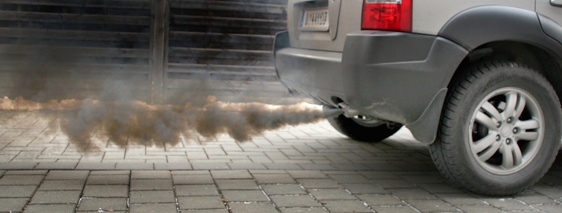
The catalytic converter in auto exhaust systems controls air pollution by chemically converting unburned hydrocarbons and combustion products into natural atmospheric gases. Motorists in Alabama may seek to replace these devices with a straight piece of exhaust pipe in the belief removal of the converter increases engine horsepower, or because the converter has failed and they want to avoid the costs of replacing it. But they would be breaking Alabama and federal law.
The Alabama Pollution Control Act (State Code Chap. 28, Sec. 22-12) requires owners of automobiles that are equipped with air pollution control systems to maintain those systems in good working order.
The Alabama pollution law prohibits operating a motor vehicle in the state if its catalytic converter and other air pollution control systems have been removed, disabled, or are otherwise not working correctly. Violators face a potential maximum $10,000 fine and up to a year in jail.
Even if Alabama law had stood silent on catalytic converters, there still is a federal law that prohibits removal or replacement of a properly functioning catalytic converter. This law applies in all 50 states, said the U.S. Environmental Protection Agency's website. Violations by individuals are punishable by a fine of up to $2,500, while a business could be fined $25,000. Federal law requires that a failed converter be replaced with one that meets EPA standards and is a match for the original equipment.